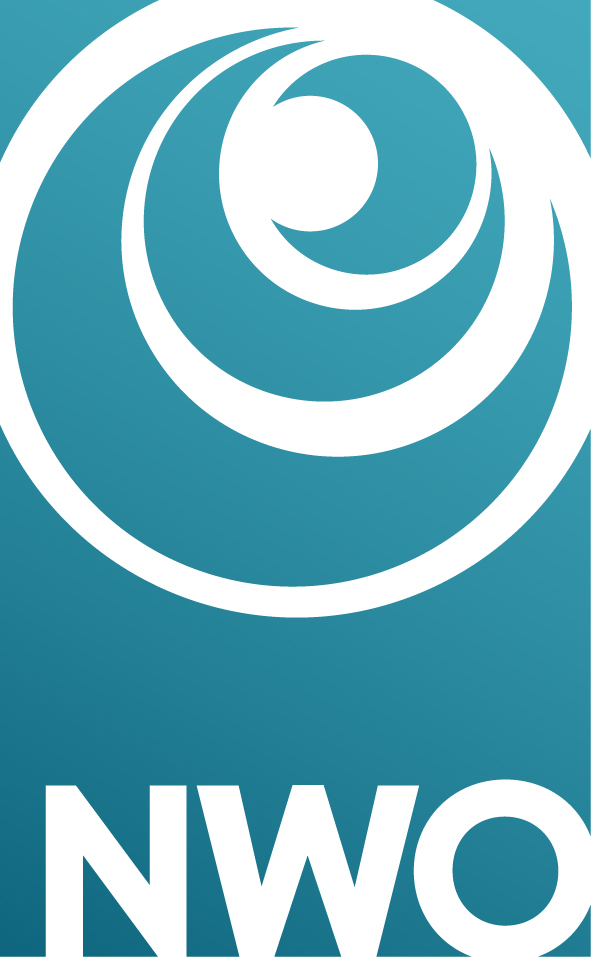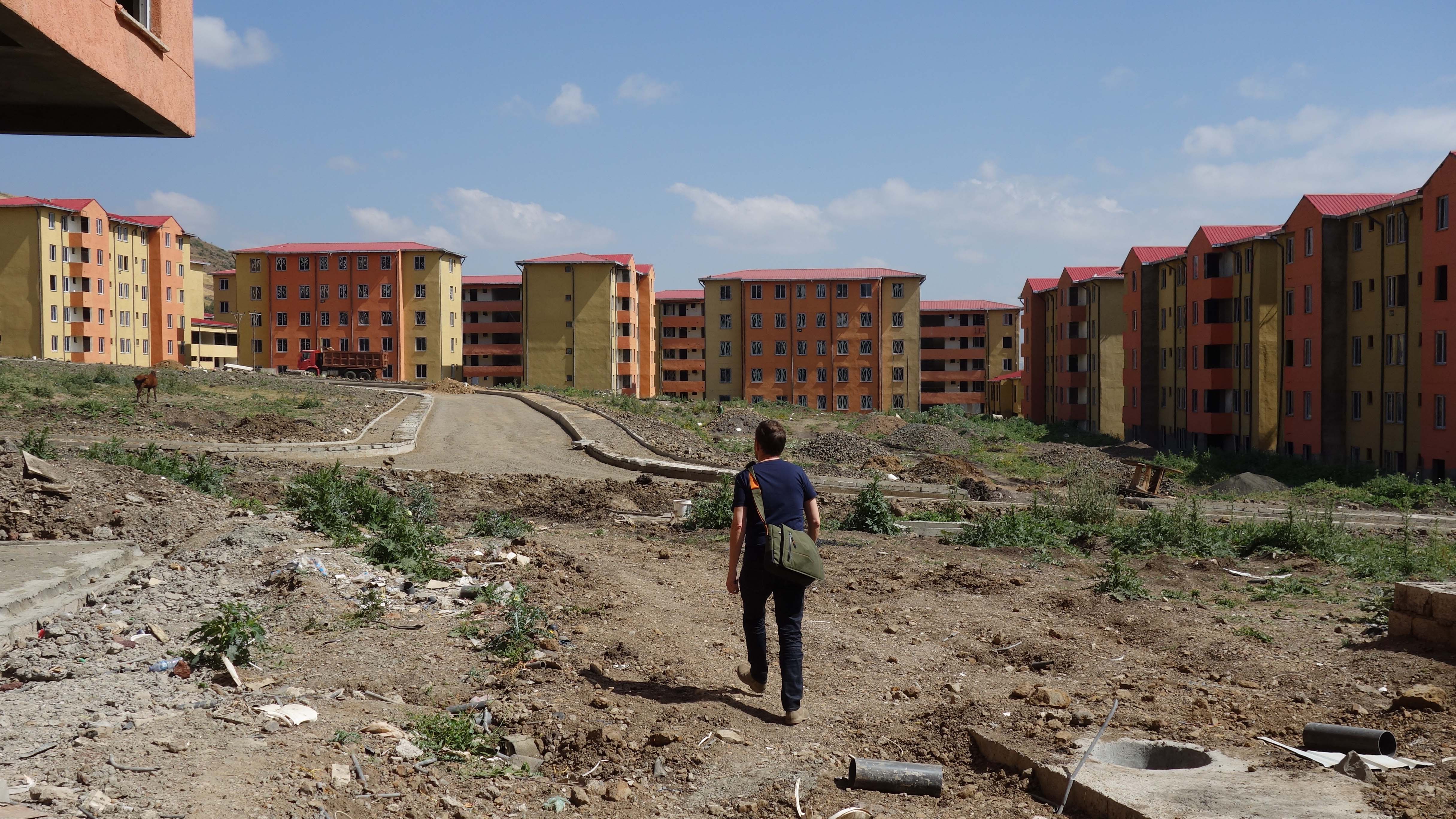Addis Ababa Living Lab
Creating Resilient Dwelling Clusters for Urban Resettlement in Addis Ababa, Ethiopia
Addis Ababa Living Lab” aims to contribute to improve the livelihoods of urban communities living in low- and middle-income countries. The project will develop a new co-creation model for the development of affordable housing in Addis Ababa, using multidisciplinary tools and methods. This project will produce a policy paper, an actionable framework and build a pilot project on a test site as experiment and feedback loop. These research outputs will be used to impact decisions, for education and upscaling.
Since 2002, Addis Ababa’s urban resettlement programme has primarily focused on short-term efficiency (speed and affordability), which resulted in housing policies and design-decisions that have produced problematic living conditions. Development induced resettlement demands a holistic approach based on an understanding of patterns of inhabitation and processes of community engagement. This is challenging, because of the shortage of socio-spatial analyses, and lack of actionable information that can be adopted by local actors.
The main goal of the project “Addis Ababa Living Lab” is to improve the livelihood of Addis Ababa’s urban dwellers using transdisciplinary approaches of analysis, planning and design. Accurate understanding of social, economic and technological needs and enhanced community participation is crucial. To achieve this goal, a contextually new co-creation model will be used, engaging a local university (EiABC), government agencies (i.e. Federal Housing Corporation), an NGO, local and international design and planning practitioners, and a local dwellers’ community.
The research will use multidisciplinary tools and methods, including visual ethnography, life-cycle-assessment (LCA), and Societal Cost Benefit Assessment studies (SCBA). This project will produce a policy paper, an actionable framework and build a pilot project on a test site as experiment and feedback loop. These research outputs will be used to impact decisions, for education and upscaling.
Facts
| Funder: | Netherlands Organisation for Scientific Research (NWO) & TU Delft |
| Programme: | WOTRO Science for Global Development |
| Overall budget: | € 500.000 |
| Grant amount: | NWO-WOTRO grant amount: € 250.000 Contribution from TU Delft: € 250.000 |
| Grant number: | W 07.3O318.011 |
| Role TU Delft: | Lead partner |
| Project duration: | April 2019 - March 2023 |
| TU Delft researchers: | Prof.dr.ir. Marja Elsinga Prof.ir. Dick van Gameren Dr. Henk Jonkers Dr. Nelson Mota Brook Teklehaimanot Anteneh Tesfaye Tola Ir. Frederique van Andel |
Project partners
Addis Ababa University: Ethiopian Institute of Architecture Building Construction and City Development - EiABC, RAAS Architects, Addis Ababa, FDRE Federal Housing Corporation - FHC, FDRE Ministry of Urban Development and Housing - MoUDH, Addis Ababa City: Housing Development and Administration Office - AAC-HDAO, Mecanoo architecten, Delft (The Netherlands), Mission for Community Development Program - MCDP, UN HABITAT, Delft University of Technology: Faculty of Civil Engineering and Geosciences, TUD-CiTG, Erasmus University/ IHS

